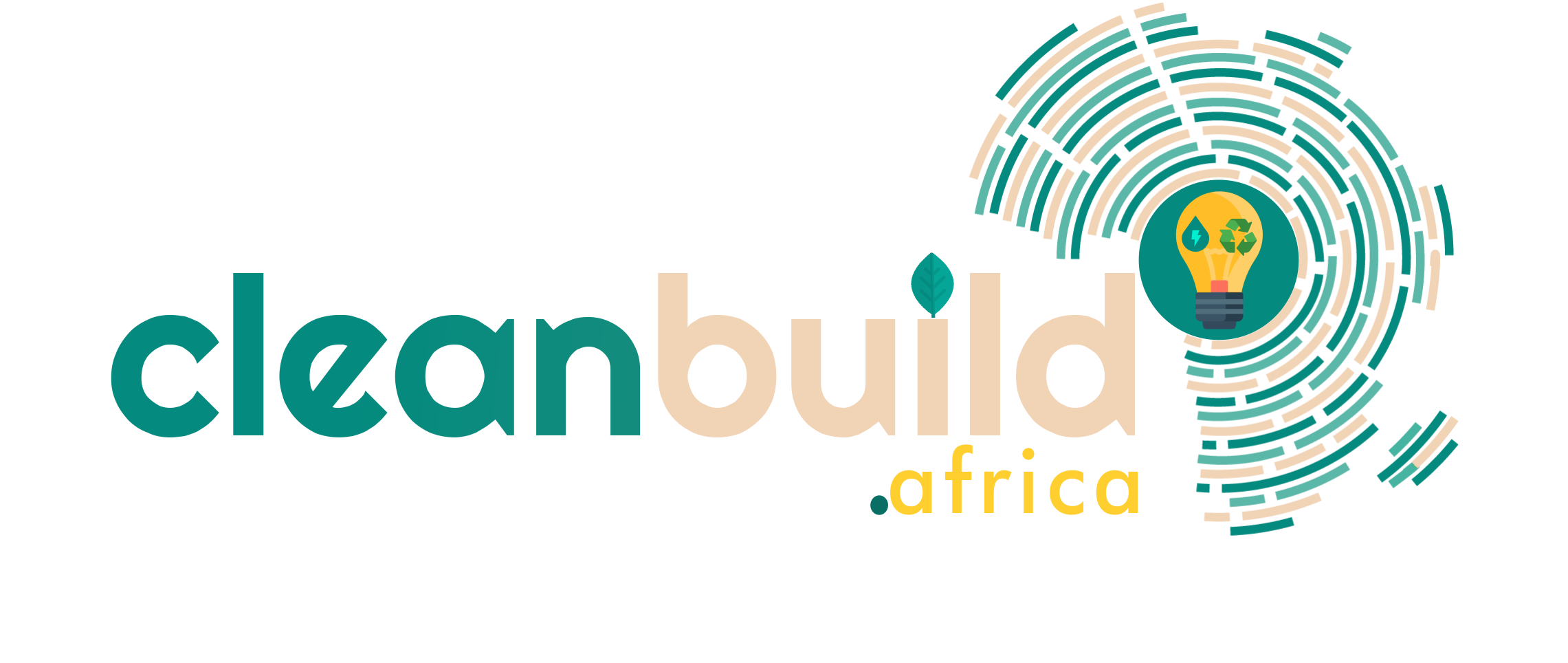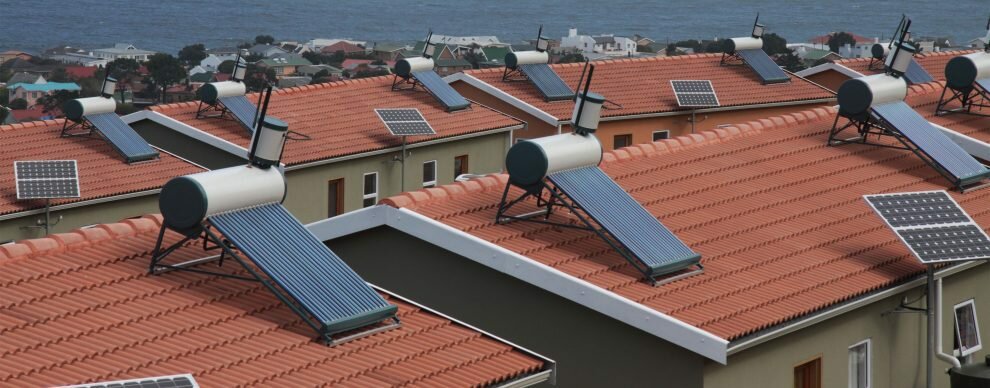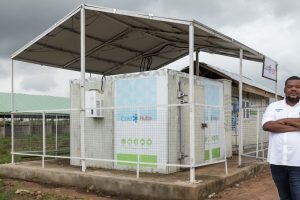Africa is taking drastic steps towards climate change, making available and taking advantage of all the clean ways to obtain energy while reducing emissions.
Over the years, most of the energy generated in Africa is from fossil fuels, but with the advent of new technology, there is help to curb the challenging issue of climate change.
Also, the price of these technologies is declining and becoming cheap. These technologies operate with sunlight, which is a renewable energy source. One of them is the solar heater.
The solar heater is a technology aimed at reducing greenhouse gas emissions but aside from that, it has created job opportunities to impact healthcare and drive the economy in Africa.
It is also increasing in popularity and the start-ups are dominating the market.
The African governments are making policies as regards going green thereby endorsing the use of solar heaters.
Africa has a market that is booming in renewable energies and making waves, it has accounted for about 18% of home energy in use, which has helped to reduce monthly water heating
African countries are leveraging on these to boost the economy
The 2021 report released by the first annual African Solar Energy Outlook, nine African countries are poised to join the solar gigawatt club.
According to the report, the countries that are developing solar capabilities are Zimbabwe, Zambia, Algeria, the Republic of Congo ( DRC), Namibia, Ethiopia, Morocco and Botswana.
This has led to the boom in the African economy as the use of solar heaters increases, so is job opportunity.
Benefits of solar heater in developing countries
It is assumed that four-member of a household make use of about 300 litres of hot water per day, making the demand for hot water grow in household income. With solar heaters, households can save money. While this is important, solar heaters have given many young people in Africa a means of living.
Taking the opportunity, many start-ups have built businesses around solar heaters and their installation.
Also, since solar heaters are a relatively simple technology, many start-ups can easily manufacture it locally, install and also provide maintenance for households using it.
Its components are mostly tanks, pumps and collectors, these components can also be manufactured locally thereby creating jobs for the locals.
According to a report, the manufacturing, planning and installation of small-scale heaters for 10,000 single-family households need more than 460,000 persons per day, which is a huge economical step to take in providing jobs for most young people in Africa.
A massive benefit of solar heaters to Africa is the fact that it can help reduce the emission of greenhouse gas (GHG) from fossil fuels.
The reliability of fossil fuels can be reduced as solar heaters are eco-friendly and completely pollution-free.



















